 W
WThe Georg Büchner Prize is the most important literary prize for the German language, along with the Goethe Prize. The award is named after Georg Büchner, author of Woyzeck. The Georg Büchner Prize is awarded annually for authors "writing in the German language who have notably emerged through their oeuvre as essential contributors to the shaping of contemporary German cultural life".
 W
WHans Carl Artmann, also known as Ib Hansen, was an Austrian-born poet and writer, most popular for his early poems written in Viennese, which however, never after were to be the focus of his oeuvre.
 W
WIngeborg Bachmann was an Austrian poet and author.
 W
WLukas Bärfuss is a Swiss writer and playwright who writes in German. He won the Georg Büchner Prize in 2019.
 W
WJürgen Becker is a German poet, prose writer and radio play author. He won the 2014 Georg Büchner Prize.
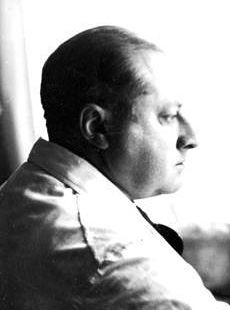 W
WGottfried Benn was a German poet, essayist, and physician. He was nominated for the Nobel Prize in Literature five times.
 W
WNicolaas Thomas Bernhard was an Austrian novelist, playwright and poet. Bernhard's body of work has been called "the most significant literary achievement since World War II." He is widely considered to be one of the most important German-speaking authors of the postwar era.
 W
WMarcel Beyer is a German writer.
 W
WKarl Wolf Biermann is a German singer-songwriter and former East German dissident. He is perhaps best known for the 1968 song "Ermutigung" and his expatriation from East Germany in 1976.
 W
WHeinrich Theodor Böll was one of Germany's foremost post–World War II writers. Böll was awarded the Georg Büchner Prize in 1967 and the Nobel Prize for Literature in 1972.
 W
WVolker Braun is a German writer. His works include Provokation für mich – a collection of poems written between 1959 and 1964 and published in 1965, a play, Die Kipper, and Das ungezwungne Leben Kasts (1972).
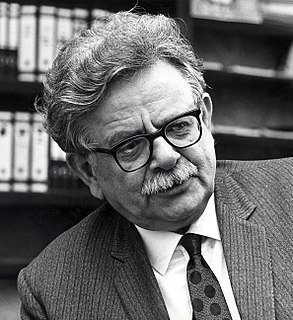 W
WElias Canetti was a German-language author, born in Ruse, Bulgaria to a merchant family. They moved to Manchester, England, but his father died in 1912, and his mother took her three sons back to the continent. They settled in Vienna.
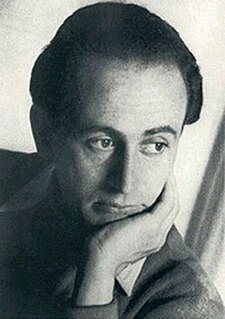 W
WPaul Celan was a Romanian-born German-language poet and translator. He was born as Paul Antschel to a Jewish family in Cernăuți, in the then Kingdom of Romania, and adopted the pseudonym "Paul Celan". He became one of the major German-language poets of the post–World War II era.
 W
WFriedrich Christian Delius is an acclaimed German writer.
 W
WAlbert Drach was an Austrian-Jewish writer and lawyer. He was born in Vienna and died in Mödling. In 1988 he was awarded the Georg Büchner Prize by the Deutsche Akademie für Sprache und Dichtung for being a "courageous and sensitive contemporary witness who expresses the madness of our century without resentment in poetic poignancy".
 W
WFriedrich Dürrenmatt was a Swiss author and dramatist. He was a proponent of epic theatre whose plays reflected the recent experiences of World War II. The politically active author's work included avant-garde dramas, philosophical crime novels, and macabre satire. Dürrenmatt was a member of the Gruppe Olten, a group of left-wing Swiss writers who convened regularly at a restaurant in the city of Olten.
 W
WHans Magnus Enzensberger is a German author, poet, translator and editor. He has also written under the pseudonym Andreas Thalmayr.
 W
WErich Fried was an Austrian-born poet, writer and translator. He initially became known to a broader public in both Germany and Austria for his political poetry, and later for his love poems. As a writer he mostly wrote plays and short novels. He also translated works by different English writers from English into German, most notably works by William Shakespeare.
 W
WMax Rudolf Frisch was a Swiss playwright and novelist. Frisch's works focused on problems of identity, individuality, responsibility, morality, and political commitment. The use of irony is a significant feature of his post-war output. Frisch was one of the founders of Gruppe Olten. He was awarded the Neustadt International Prize for Literature in 1986.
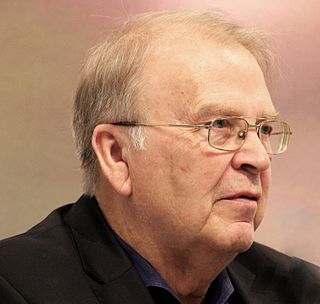 W
WWilhelm Genazino was a German journalist and author. He worked first as a journalist for the satirical magazine pardon and for Lesezeichen. From the early 1970s, he was a freelance writer who became known by a trilogy of novels, Abschaffel-Trilogie, completed in 1979. It was followed by more novels and two plays. Among his many awards is the prestigious Georg Büchner Prize.
 W
WRainald Maria Goetz is a German author, playwright and essayist.
 W
WGünter Wilhelm Grass was a German-Kashubian novelist, poet, playwright, illustrator, graphic artist, sculptor, and recipient of the 1999 Nobel Prize in Literature.
 W
WPeter Handke is a Nobel laureate novelist, playwright, translator, poet, film director, and screenwriter from Austria. Handke was awarded the Nobel Prize in Literature in 2019.
 W
WWolfgang Hildesheimer was a German author who incorporated the Theatre of the Absurd. He originally trained as an artist, before turning to writing.
 W
WFelicitas Hoppe is a German writer. She received the Georg Büchner Prize in 2012.
 W
WElfriede Jelinek is an Austrian playwright and novelist. She was awarded the Nobel Prize in Literature in 2004 for her "musical flow of voices and counter-voices in novels and plays that, with extraordinary linguistic zeal, reveal the absurdity of society's clichés and their subjugating power".
 W
WReinhard Jirgl is a German writer. In 2010 he was awarded the Georg Büchner Prize by the German Academy for Language and Literature.
 W
WUwe Johnson was a German writer, editor, and scholar.
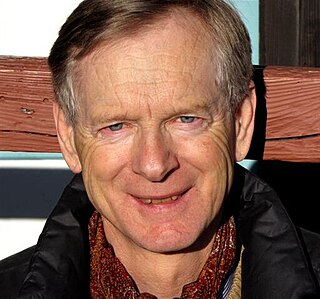 W
WWalter Kappacher is an Austrian writer. In 2009 he was awarded the Georg Büchner Prize for his literary oeuvre.
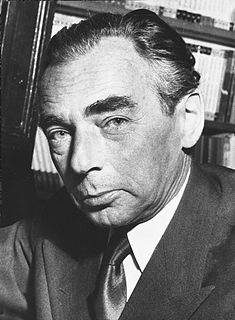 W
WEmil Erich Kästner was a German author, poet, screenwriter and satirist, known primarily for his humorous, socially astute poems and for children's books including Emil and the Detectives. He received the international Hans Christian Andersen Medal in 1960 for his autobiography Als ich ein kleiner Junge war. He was nominated for the Nobel Prize in Literature four times.
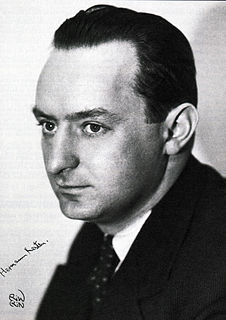 W
WHermann Kesten was a German novelist and dramatist. He was one of the principal literary figures of the New Objectivity movement in 1920s Germany.
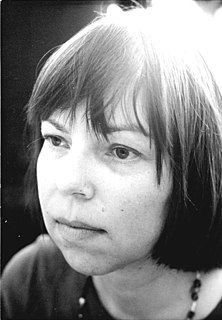 W
WSarah Kirsch was a German poet.
 W
WAlexander Kluge is a German author, philosopher, academic and film director.
 W
WKarl Krolow was a German poet and translator. In 1956 he was awarded the Georg Büchner Prize. He was born in Hannover, Germany and died in Darmstadt, Germany.
 W
WBrigitte Kronauer was a German writer who lived in Hamburg. Her novels, written in the tradition of Jean Paul with artful writing and an ironic undertone, were awarded several prizes, including in 2005 the Georg Büchner Prize, in 2011 the Jean-Paul-Preis and in 2017 the Thomas Mann Prize.
 W
WReiner Kunze is a German writer and GDR dissident. He studied media and journalism at the University of Leipzig. In 1968, he left the GDR state party SED following the communist Warsaw Pact countries invasion of Czechoslovakia in response to the Prague Spring. He had to publish his work under various pseudonyms. In 1976, his most famous book The Lovely Years, which contained critical insights into the life, and the policies behind the Iron Curtain, was published in West Germany to great acclaim. In 1977, the GDR regime expatriated him, and he moved to West Germany (FRG). He now lives near Passau in Bavaria.
 W
WElisabeth Langgässer was a German author and teacher. She is known for lyrical poetry and novels. Her short story Saisonbeginn, for example, provides a graphically human portrayal of a 1930s German Alpine village erecting a sign forbidding the entry of Jews.
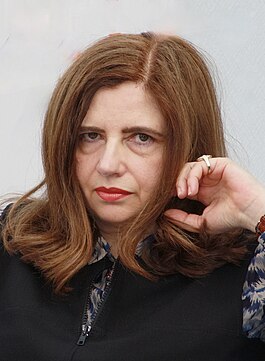 W
WSibylle Lewitscharoff is a German author. Among her novels are Pong (1998), Apostoloff (2009) and Blumenberg (2011). She has received several German literary awards, including the Georg Büchner Prize in 2013.
 W
WGolo Mann, born Angelus Gottfried Thomas Mann, was a German popular historian, essayist and writer. He was the third child of the novelist Thomas Mann and his wife Katia Mann.
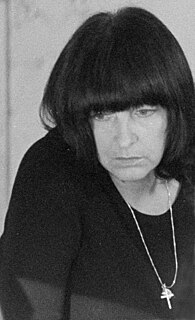 W
WFriederike Mayröcker is an Austrian poet.
 W
WTerézia Mora is a Hungarian writer, screenwriter and translator.
 W
WMartin Mosebach is a German writer. He has published novels, stories, and collections of poems, written scripts for several films, opera libretti, theatre and radio plays. His first major non-fiction work is the book The 21 - A Journey into the Land of Coptic Martyrs detailing his visit to Egypt to examine the lives of the 21 Coptic martyrs beheaded by ISIS in 2015.
 W
WHeiner Müller was a German dramatist, poet, writer, essayist and theatre director. His "enigmatic, fragmentary pieces" are a significant contribution to postmodern drama and postdramatic theatre.
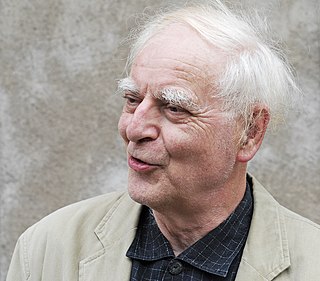 W
WAdolf Muschg is a Swiss writer and professor of literature. Muschg was a member of the Gruppe Olten.
 W
WOskar Pastior was a Romanian-born German poet and translator. He was the only German member of Oulipo.
 W
WPeter Rühmkorf was a German writer who significantly influenced German post-war literature.
 W
WWolfdietrich Schnurre was a German writer.
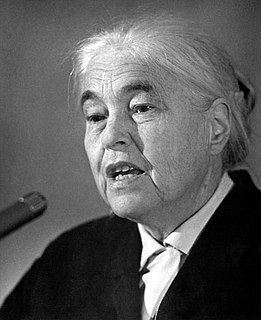 W
WAnna Seghers was a German writer famous for depicting the moral experience of the Second World War. After living in Mexico City (1941–47) and West Berlin (1947-50), Anna Seghers eventually settled in the GDR. The pseudonym Anna Seghers was apparently based on the surname of the Dutch painter and printmaker Hercules Pieterszoon Seghers or Segers.
 W
WManès Sperber was an Austrian-French novelist, essayist and psychologist. He also wrote under the pseudonyms Jan Heger and N.A. Menlos.
 W
WArnold Stadler is a German writer, essayist and translator.
 W
WBotho Strauß is a German playwright, novelist and essayist.
 W
WGeorge Tabori was a Hungarian writer and theater director.
 W
WJan Wagner, is a German poet, essayist and translator, recipient of the Georg Büchner Prize, and Leipzig Book Fair Prize.
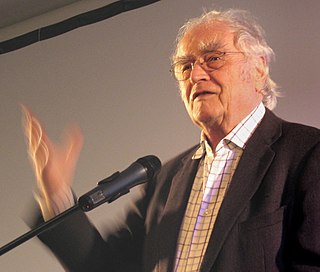 W
WMartin Walser is a German writer.
 W
WPeter Ulrich Weiss was a German writer, painter, graphic artist, and experimental filmmaker of adopted Swedish nationality. He is particularly known for his plays Marat/Sade and The Investigation and his novel The Aesthetics of Resistance.
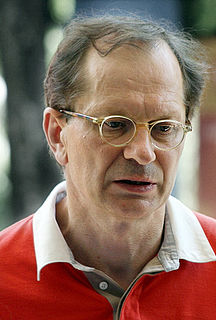 W
WJosef Winkler is an Austrian writer.
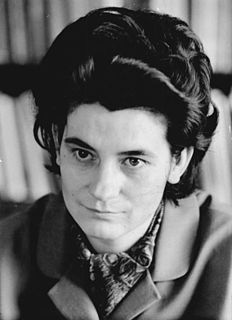 W
WChrista Wolf was a German novelist and essayist. She was one of the best-known writers to emerge from the former East Germany.
 W
WCarl Zuckmayer was a German writer and playwright. His older brother was the pedagogue, composer, conductor, and pianist Eduard Zuckmayer.